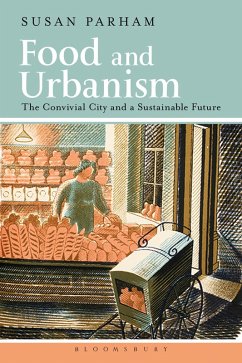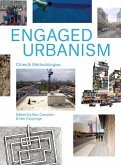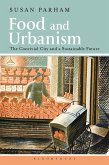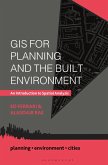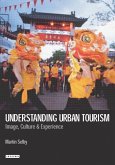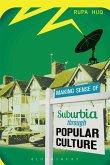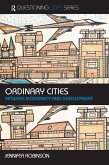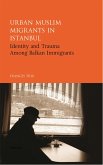Cities are home to over fifty percent of the world's population, a figure which is expected to increase enormously by 2050. Despite the growing demand on urban resources and infrastructure, food is still often overlooked as a key factor in planning and designing cities. Without incorporating food into the design process - how it is grown, transported, and bought, cooked, eaten and disposed of - it is impossible to create truly resilient and convivial urbanism.
Moving from the table and home garden to the town, city, and suburbs, Food and Urbanism explores the connections between food and place in past and present design practices. The book also looks to future methods for extending the 'gastronomic' possibilities of urban space. Supported by examples from places across the world, including the UK, Norway, Germany, France, Spain, Portugal, Greece, Romania, Australia and the USA, the book offers insights into how the interplay of physical design and socio-spatial practices centred around food can help to maintain socially rich, productive and sustainable urban space. Susan Parham brings together the latest research from a number of disciplines - urban planning, food studies, sociology, geography, and design - with her own fieldwork on a range of foodscapes to highlight the fundamental role food has to play in shaping the urban future.
Moving from the table and home garden to the town, city, and suburbs, Food and Urbanism explores the connections between food and place in past and present design practices. The book also looks to future methods for extending the 'gastronomic' possibilities of urban space. Supported by examples from places across the world, including the UK, Norway, Germany, France, Spain, Portugal, Greece, Romania, Australia and the USA, the book offers insights into how the interplay of physical design and socio-spatial practices centred around food can help to maintain socially rich, productive and sustainable urban space. Susan Parham brings together the latest research from a number of disciplines - urban planning, food studies, sociology, geography, and design - with her own fieldwork on a range of foodscapes to highlight the fundamental role food has to play in shaping the urban future.

